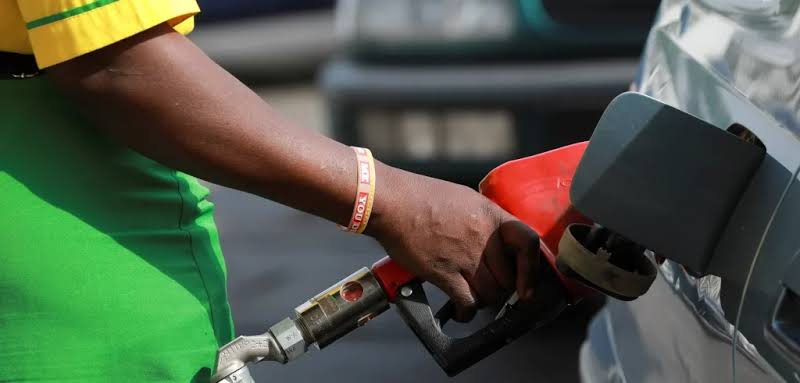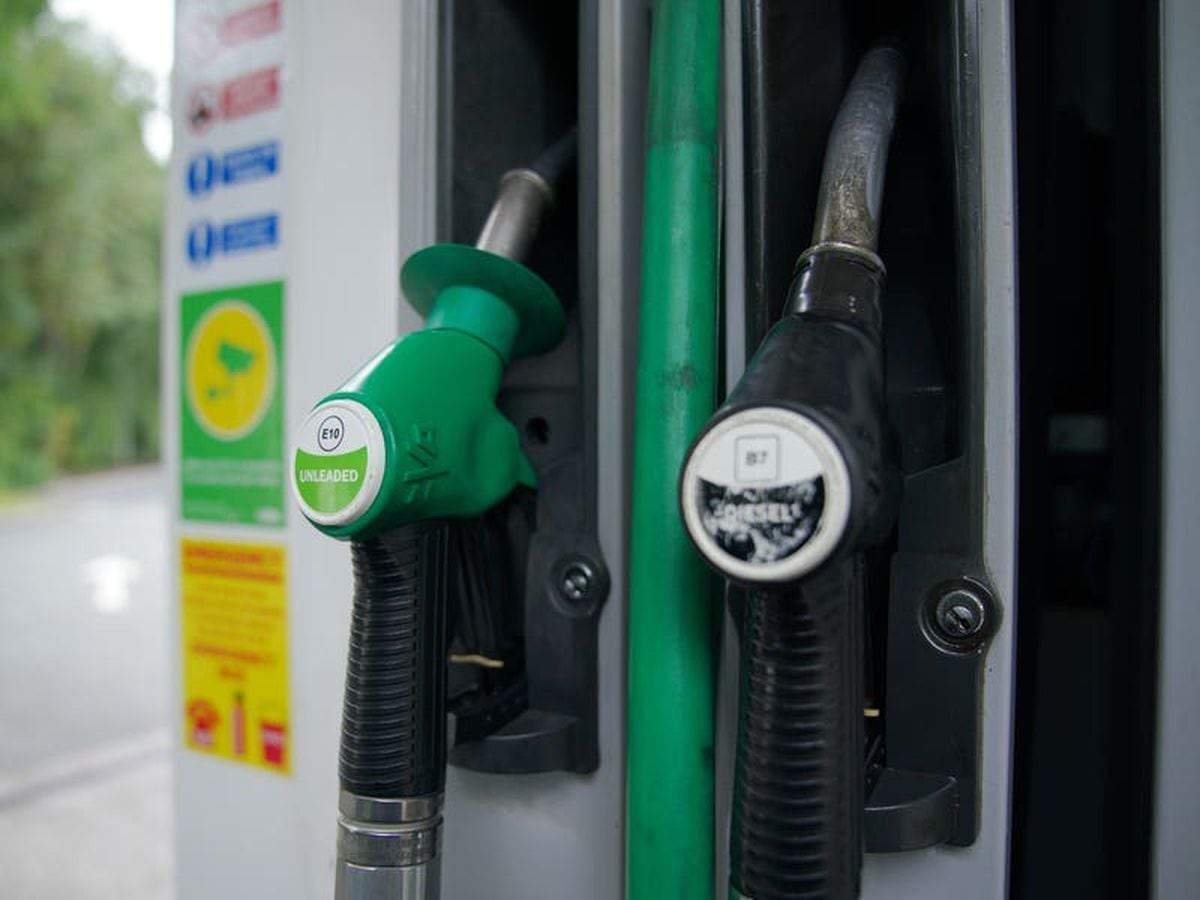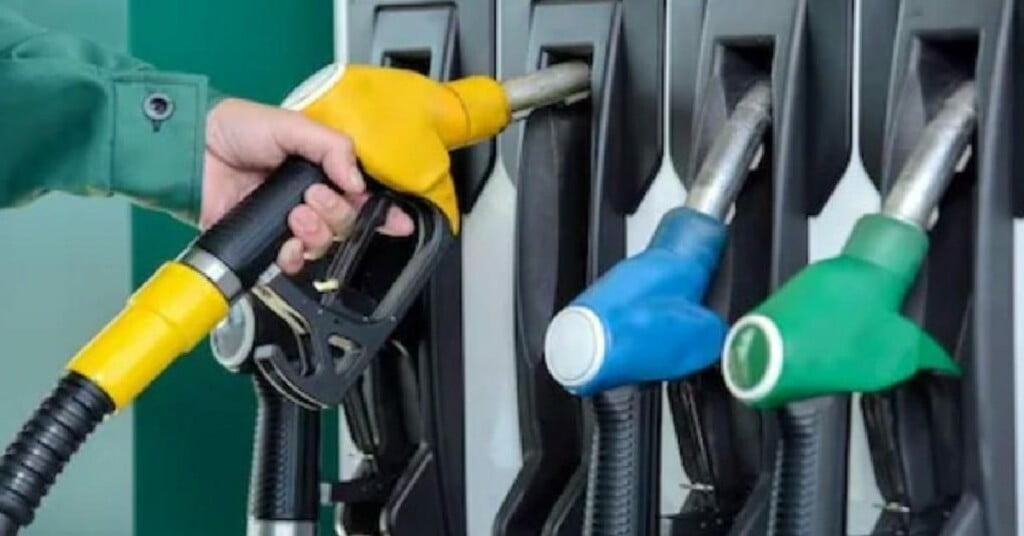Nigerians Can Expect Lower Fuel Prices As New Refineries Gear Up

Here's What's Ahead for Nigeria's Fuel Prices
Let’s talk about something that affects every Nigerian—fuel prices. The National Institute for Policy and Strategic Studies (NIPSS) is giving the people some good news. They’re saying that with Dangote Refinery and other local refineries starting operations, we could see a significant drop in the price of Premium Motor Spirit (PMS), or what most folks call petrol, pretty soon. This is big news for everyone who’s been feeling the pinch at the pump.
Now, if you’ve been following the news, you know that when President Bola Tinubu’s administration decided to remove the fuel subsidy, it caused a pretty sharp spike in petrol prices. But here’s the thing: the NIPSS Director-General, Ayo Omotayo, wants Nigerians to know that as more refineries start running, those prices will likely come down. He spoke about this on Channels Television’s The Morning Brief earlier this week, and his message was clear: things will get better.
How Did We Get Here?
Before the subsidy was removed, petrol was going for less than ₦200 a litre. But after the government made the call to remove it, the price shot up to around ₦930 per litre in some places. That’s a big jump, and I know it’s been tough for a lot of people. But Director-General Omotayo says that while it may have been painful in the short term, taking away the subsidy was the right move for the long-term health of the economy.
Read also:Who Are Hollywoods Richest Alist Stars
He explained it like this: “With the removal of the subsidy, we now have Dangote Refinery coming online. Other refineries are also getting involved. And let’s not forget, the refinery in Port Harcourt has been running nonstop for over 110 days! These are the small victories we’re seeing right now.” It’s clear that Omotayo believes this is just the beginning of some positive changes for Nigeria’s energy sector.
What’s the Outlook for Fuel Prices?
Here’s what Omotayo is predicting: even though the price of fuel has gone up for now, it’s expected to go down. He’s optimistic that by the end of the year, petrol could drop to as low as ₦750 per litre. And that’s not all—there’s also hope that the exchange rate will improve, which could further ease the financial burden on Nigerians.
Omotayo went on to say, “We’re paying a bit more for fuel right now, but if we keep doing what we’re doing, the price of fuel will come down. We’re looking at it falling to around ₦750 before the end of the year. And as more refineries start operating, we’ll eventually become a net exporter of fuel. That’s the long-term goal.”
He added, “Right now, the gains might seem small, but in the long run, we’ll make up for the sacrifices we’re making today as a nation.” It’s a message of hope, but it also acknowledges the challenges Nigerians are facing in the present.
Why Removing the Subsidy Was Necessary
Omotayo also defended President Tinubu’s decision to remove the subsidy, calling it a crucial step to prevent a financial collapse in Nigeria. He pointed out that the government was spending far too much money subsidizing fuel—not just for Nigerians, but for neighboring countries too. This was creating a massive strain on the country’s finances.
He said, “At the National Institute, we believe that Mr. President made a very timely decision. It’s saved Nigeria from what could have been a catastrophic situation.” He continued, “We were on the brink of collapse with those subsidies. The amounts we were spending were simply unsustainable. And honestly, we were subsidizing fuel all the way to Burkina Faso and even Sierra Leone in some cases. Any government that wants to succeed has to make tough decisions, and this was one of them.”
Read also:Celebritythemed Slots A Fun Journey Through Pop Culture
President Tinubu’s Bold Move Gets Support
Omotayo praised President Tinubu for having the courage to end the subsidy, even though it wasn’t a popular move with everyone. He admitted that the removal might have felt harsh for many Nigerians, but he emphasized that it was necessary to protect the country’s future.
He said, “At the National Institute, we commend the President for removing the fuel subsidy. Even though some people in Nigerian politics might think it was too harsh or that we needed more time, it was the right decision. It’s about looking out for the long-term interests of the nation.”
So there you have it. While the road ahead might still have its bumps, the message from NIPSS is clear: better days are coming for Nigerians when it comes to fuel prices. And that’s something we can all look forward to.
Trump's Bold Move: New Tariffs Shake Up Global Trade
Oluwadolarz Speaks Out: The Man Behind The Name And The Misconceptions
Mr. Macaroni Calls For Action: Addressing The Crisis In Enugu State


